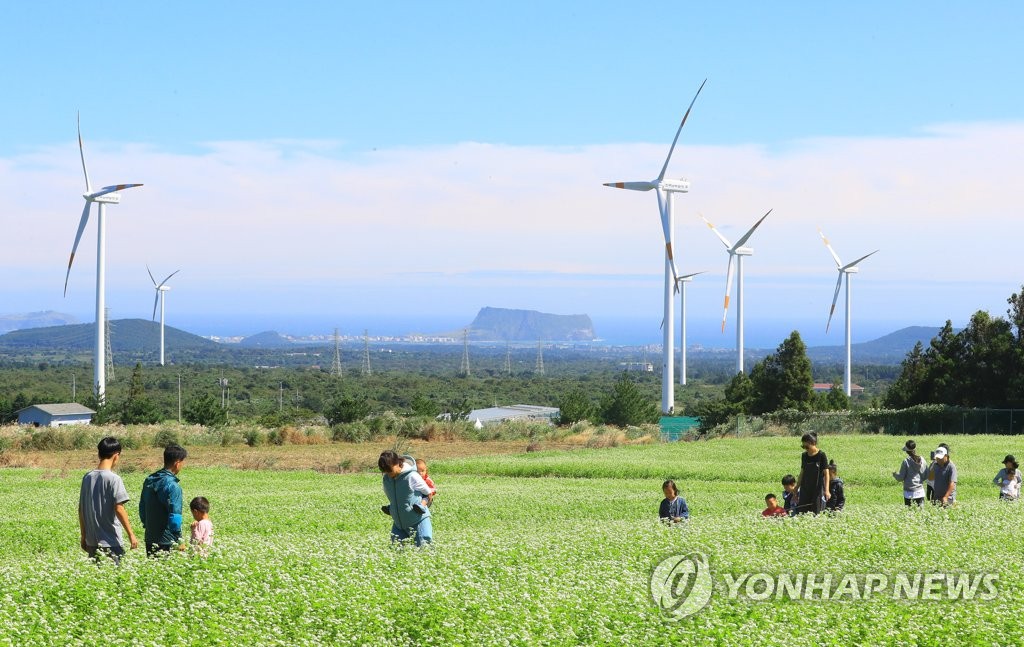News & Event
- Home
- News
- News & Event

According to Yonhap News,
Jeju said on May 26 to apply for distributed-energy-specialized-area designation, where individual renewable energy generators are allowed to feed their electricity into the power greed and distribute it in person.
Upon the passage of the Special Act on the Promotion of Distributed Energy, Jeju Regional Government announced on May 26 that it will be dedicated to its goal to become a distributed energy specialized area.
According to the Special Act, passed on May 25 in the National Assembly, distributed energy specialized areas will be designated within a year from the date of passage.
In distributed energy specialized areas, renewable energy generators can sell their power to consumers without the intermediary body, KEPCO.
For now, KEPCO is the sole electricity transmission company in Korea that transacts power generated from coal-fired power plants.
Jeju is going to hold the first Global Distributed Energy Forum on June 20 to discuss measures as to how to boost the usage of distributed energy with businesses related sectors and find ways to increase its competitiveness strong enough to selected as one of the distributed energy specialized areas.
It also plans to launch a distributed energy promotion agency to draw up measures to promote distributed-energy-related new industries and improve relevant policies.
Of total energy equipment in Jeju, that of renewable energy such as solar and wind power takes up about 50% in Jeju.
Along with that, the share of renewables of this province is 19.2%, well on track to meet Korea's national renewable energy target 2030, 21.6%.
Meanwhile, renewable energy generation is curtailed by reducing output in Jeju, when overgenerated.
It is because that renewables like wind and solar power makes electricity grids less reliable, since their high susceptibility to weather means that the output is not controllable. If the excess electricity is just let go and run, it will overwhelm the gird and cause a blackout in the worst scenario.
It is reported that Jeju limited the output of renewables 168 times and 29 times for wind and solar power respectively for the last 2 years from 2021 to 2122.
koss@yna.co.kr
Copyrights Yonhap News. All Rights Reserved.
Reprint or redistribution without permission is prohibited.
Source: Yonhap News (May 26, 2023)